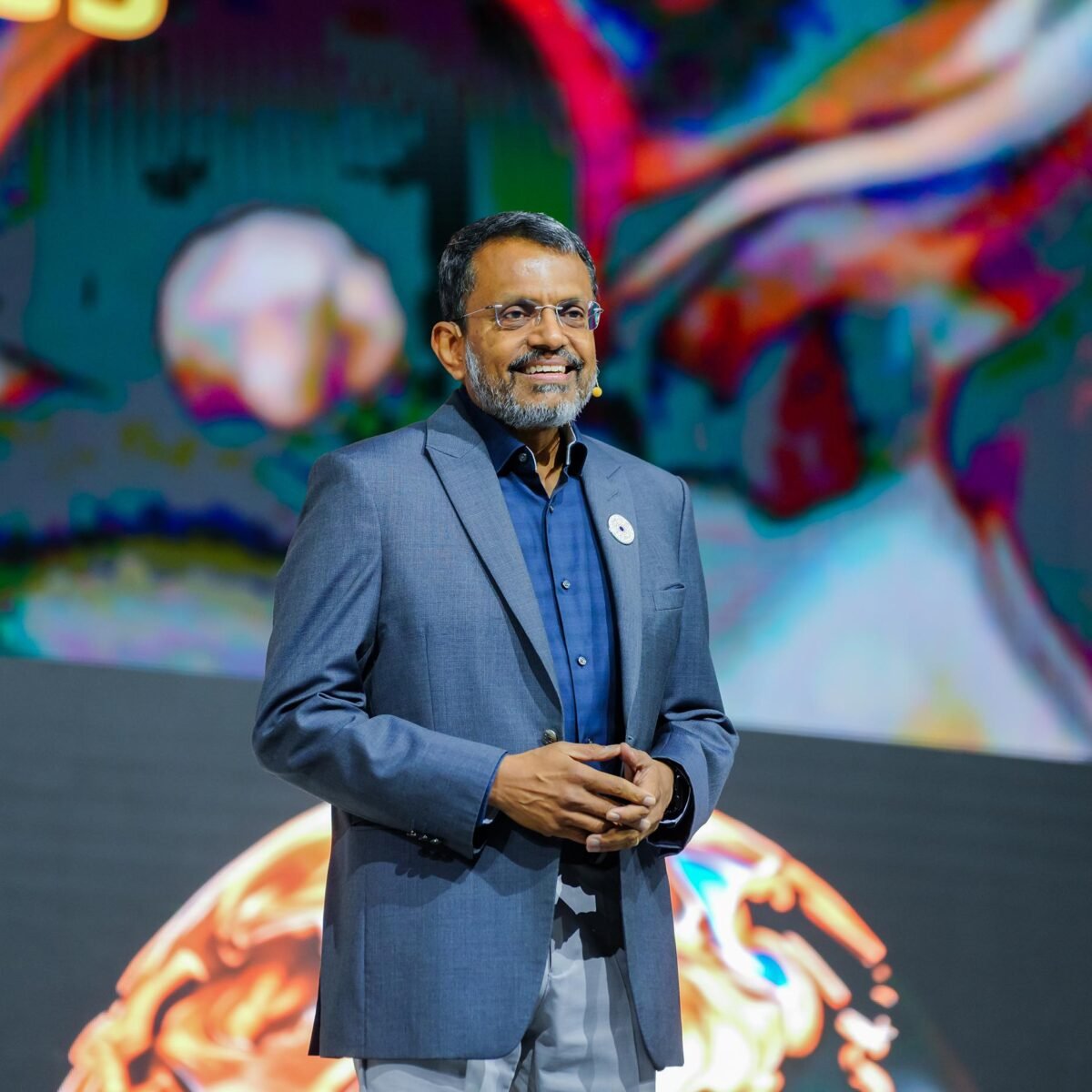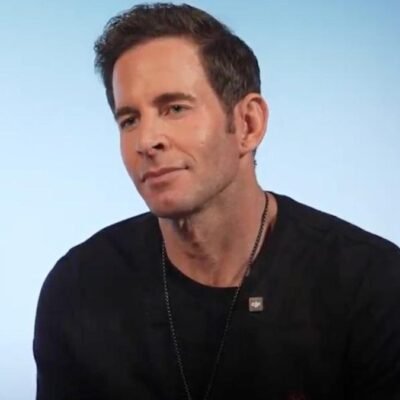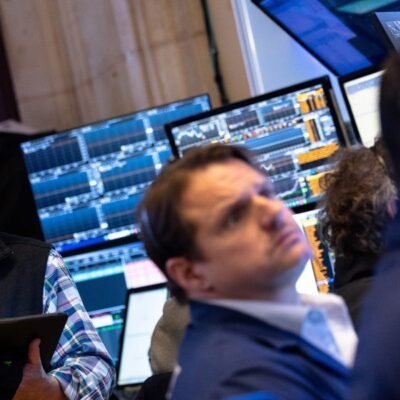WHILE the current backlash against environmental, social and governance (ESG) investing is a result of wider geopolitical developments, it is economics that will shape medium-term investment decisions, said Singapore’s ambassador for climate action Ravi Menon.
The economics behind the transition towards a low-carbon future is currently mixed, with costs declining significantly for renewable energy, while other more nascent technologies – such as low-carbon hydrogen, carbon capture and storage and sustainable aviation fuel – do not reflect the same downtrend.
However, the cost curves for various technologies, shifts in consumer patterns, and movements in relative prices are generally in the direction of progressively becoming more green, said Menon, who was speaking at a sustainability event hosted by state investor Temasek on Friday (Feb 21).
Nevertheless, he noted that governments and companies cannot completely disregard the political headwinds that has emerged with the re-election of climate skeptic Donald Trump as president of the United States.
While individual states in the world’s largest economy – as well as the largest historical emitter – can influence climate action, Menon noted that political developments in the US represent a clear step back for climate action overall.
Already, political support for climate action has weakened in other markets, such as the European Union.
A NEWSLETTER FOR YOU

Friday, 12.30 pm
ESG Insights
An exclusive weekly report on the latest environmental, social and governance issues.
“We cannot rule out some countries lowering their climate ambitions because of the position taken by the US… Countries and companies alike have to carefully assess the global political backdrop, understand the nuances, and decide where the opportunities and risks lie in climate action,” said Menon, who was formerly the managing director of the Monetary Authority of Singapore.
Beyond political and economic factors, Menon believes that rising temperatures will be the biggest driver of climate action.
“The most direct indicator of the growing risk facing our planet is temperature… Nature will eventually force the world to do what it has been delaying for too long – decisive actions to reduce greenhouse gas emissions.”
He added that a disorderly transition, where climate action is accelerated in the later years when the impacts of climate change become too serious to ignore, is the most likely scenario the world will face in the future.
“The timeline is not set by electoral cycles or cost curves; it is set by nature. Whether we are a country or a company, the longer we delay action, the more disorderly the transition will become for us.”
The opportunity for an orderly transition that would limit global warming to 1.5 deg C has likely passed, but it is also unlikely that governments will not do anything and head into a scenario of irreversible and catastrophic climate change.
“We suffer from some climate change but manage to avoid its worst effects. The result could well be a low-carbon yet climate-impaired world.”





